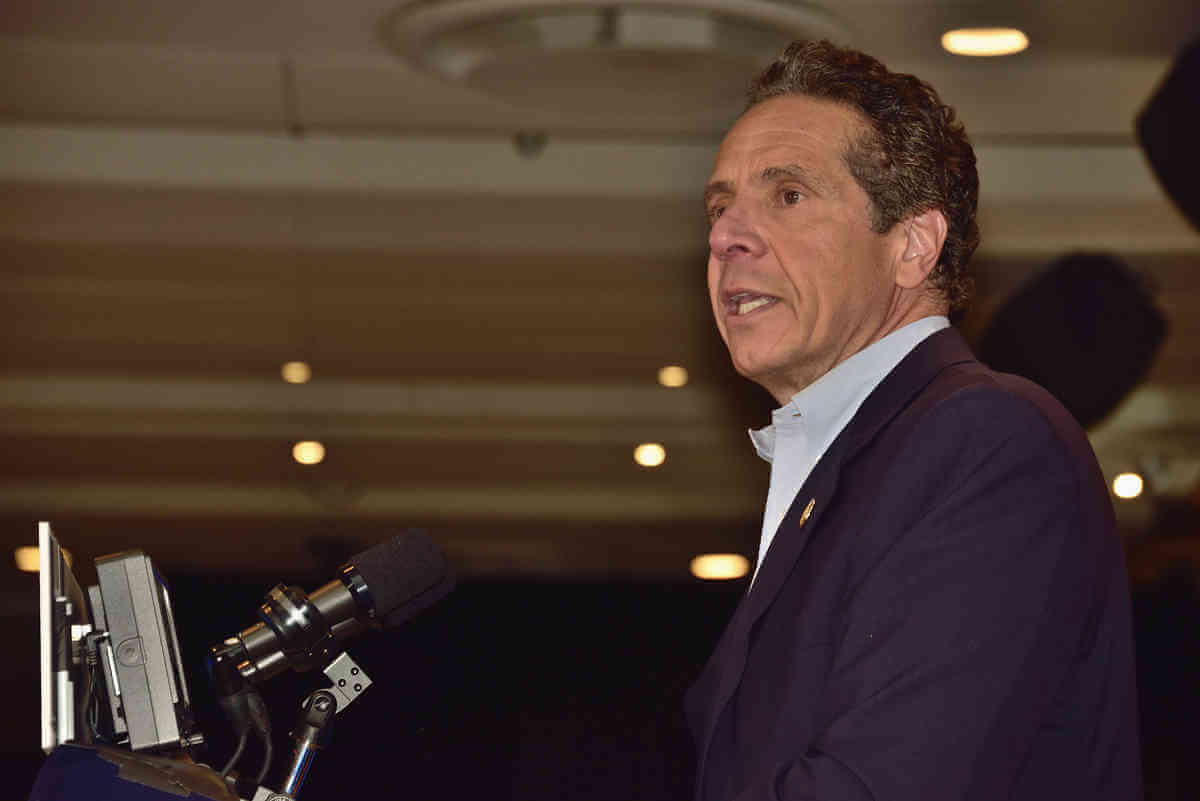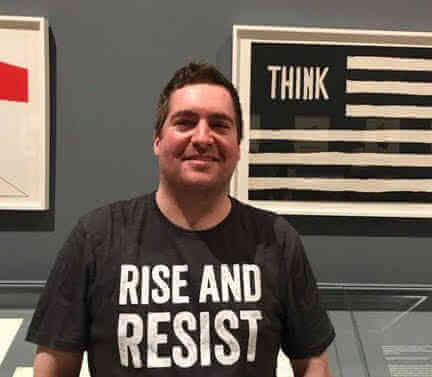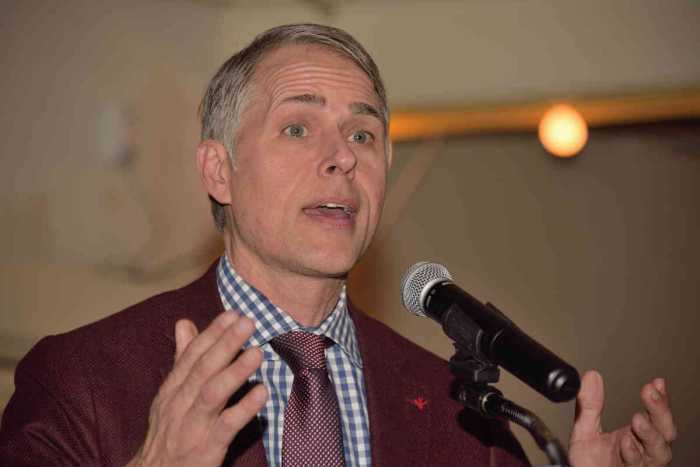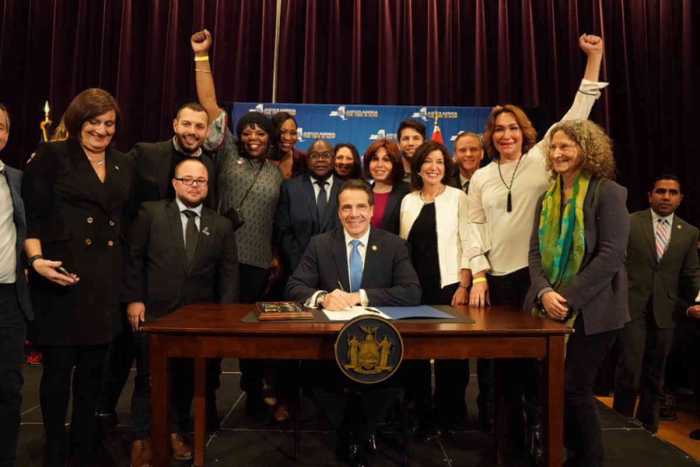Governor Andrew Cuomo released his plan to revamp New York State’s medical marijuana program and create a regulatory system for the legal sale of marijuana to adults over 21.
His legalization program was spelled out in budget bills that accompanied his jubilant January 15 State of the State Address, where he spoke of being “liberated” because he will be working with a Legislature where Democrats control both houses. His proposal calls for hemp, medical marijuana, and recreational marijuana to be regulated by a new Office of Cannabis Management (OCM), which may be housed in the State Liquor Authority. Its actual spot in the bureaucratic chart will be decided between now and mid-March when the budget is nailed down.
Medical marijuana is currently regulated by the State Health Department and those responsibilities would be transferred to OCM.
West Side Assemblymember Richard Gottfried was pleased that reforms in the medical marijuana program would be part of the legislation, including giving OCM authority to expand the list of diseases that can treated with pharmaceutical grade marijuana. The current providers of medical marijuana — corporations that produce product and sell it in company-owned dispensaries — will be able to seek entry into the recreational market. Their workers are members of the Retail, Wholesale and Department Store Union, which plays an active role in the legalization movement. In a written statement, the RWDSW’s out gay president, Stuart Appelbaum, pledged to “ensure protections that guarantee the creation of jobs that provide good wages and benefits.” Cuomo boasted that marijuana legalization “will create the good union jobs that we need.”
Medical marijuana providers occupy a special niche giving them retail control of their product. The rest of the adult-use system will separate corporate producers from the independent retail outlets that sell to the public. These may be the micro-businesses that drug reformers hope will provide economic opportunity to the communities that suffered under racially biased marijuana law enforcement.
In a statement after the governor’s speech, Kassandra Frederique, the New York State director of the Drug Policy Alliance, called for “repairing the damage done by marijuana prohibition,” adding that “legalization can be an economic engine driving wealth and equity in marginalized communities and providing space for an alternative economic system.”
In a memorandum accompanying his presentation, Cuomo promised “a robust social equity program” providing technical assistance, loans, and training to members of communities that have faced past over-policing, which may help them own retail pot stores.
The bill would also seal certain criminal records for marijuana-related arrests and stop police from making arrests for possession. And it will allow localities to opt out by prohibiting recreational marijuana sale.
The New York Times reports the program would be fully operational by 2023, bringing in $300 million for a state traffic safety committee, small business development, and substance abuse services.



































